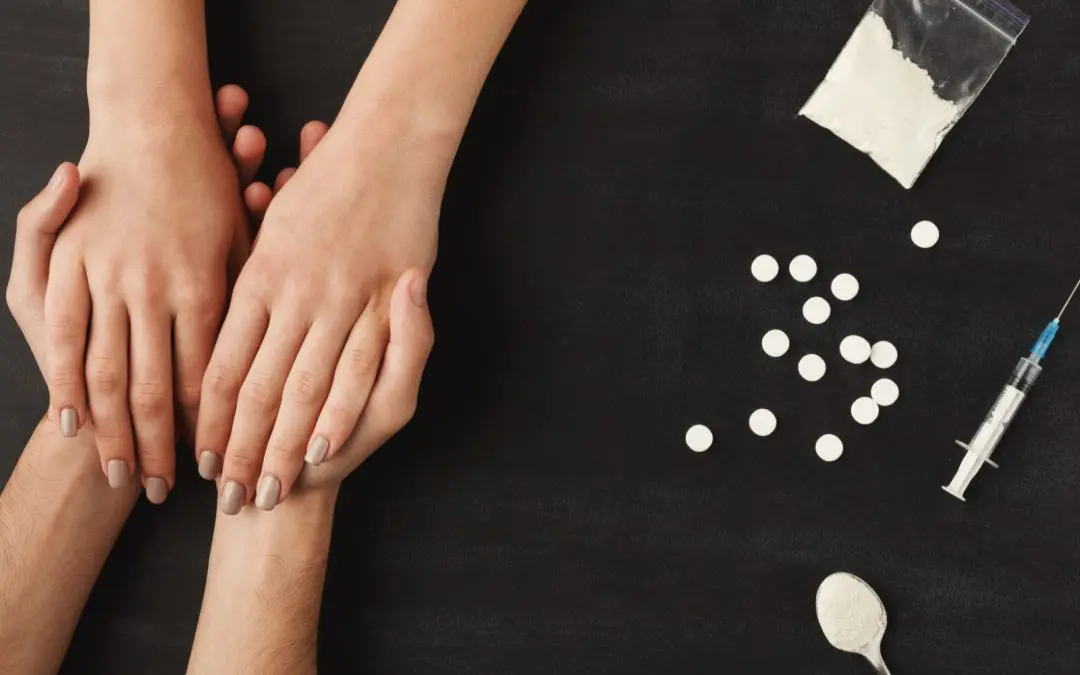24/7 Helpline:
(866) 899-221924/7 Helpline:
(866) 899-2219
Learn more about Crack Detox centers in Mora

Other Insurance Options

BlueCross

Ambetter

Holman Group

Magellan Health

BlueShield

PHCS Network

State Farm

American Behavioral

Optum
Beacon

Coventry Health Care

EmblemHealth

Self-pay options

Carleon

Sliding scale payment assistance

Cigna

AllWell

UMR

Optima

Sutter

Dellwood Recovery Center
Dellwood Recovery Center is a private rehab located in Mora, Minnesota. Dellwood Recovery Center spe...

Serenity Manor
Serenity Manor is a private rehab located in Mora, Minnesota. Serenity Manor specializes in the trea...

New Mexico Behavioral Health
New Mexico Behavioral Health is a public rehab located in Mora, New Mexico. New Mexico Behavioral He...




Edgefield Recovery Center
Edgefield Recovery Center is a drug and alcohol rehab center located in Cheneyville, LA. They provid...

Healing Springs Ranch
Located in Tioga, Texas, Healing Springs Ranch is a center for treating addiction and mental health ...






























































































































































































































































































































































































































